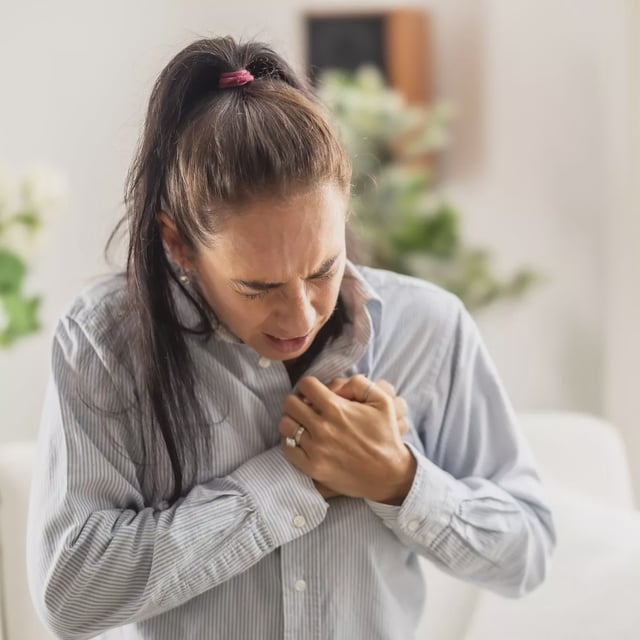Overview
- Published in the European Heart Journal, the CARTESIAN prospective cohort enrolled 2,390 participants in 16 countries and measured carotid-femoral pulse wave velocity about six and 12 months after infection.
- Among women, average pulse wave velocity increased by roughly 0.55 m/s after mild illness, 0.60 m/s after hospitalization, and 1.09 m/s after ICU care, a clinically meaningful rise approximating five years of vascular aging.
- Women with persistent post-COVID symptoms had higher stiffness at six months than women who fully recovered, while men showed no symptom-related difference.
- By roughly one year, stiffness in COVID-recovered participants generally stabilized or improved as uninfected controls progressed, and vaccination correlated with lower stiffness though confounding precludes causal claims.
- Authors caution about observational limits including no pre-infection baselines and potential survival bias, and they are continuing follow-up to determine links to heart attack or stroke risk and to identify modifiable interventions.



